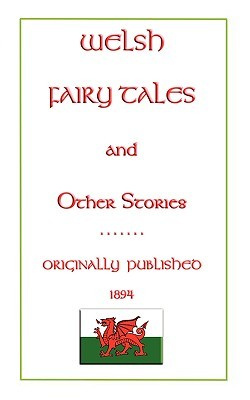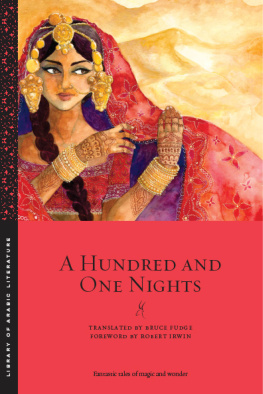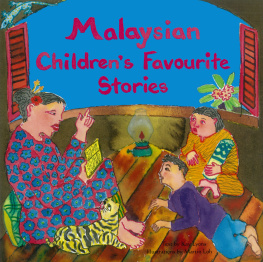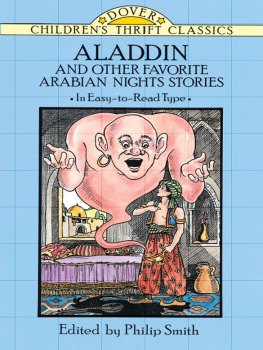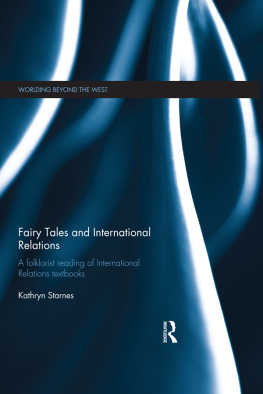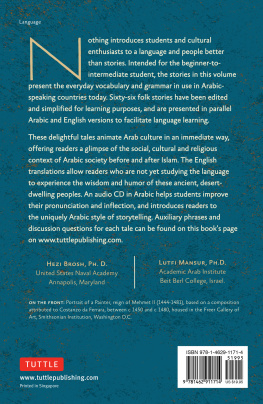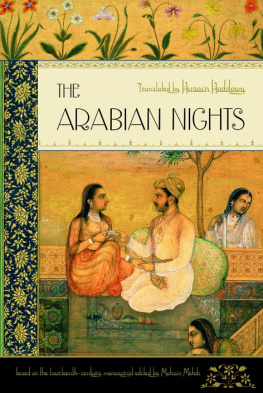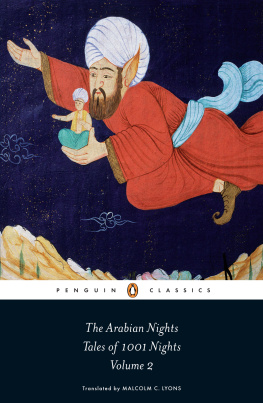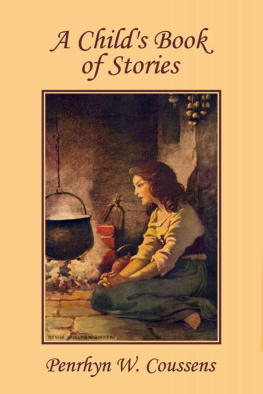THE PLEASANT NIGHTS
Volume 1
THE LORENZO DA PONTE ITALIAN LIBRARY
General Editors
Luigi Ballerini and Massimo Ciavolella
University of California at Los Angeles
Honorary Chairs
Honorable Dino De Poli
Mr Joseph Del Raso Esq.
Ambassador Gianfranco Facco Bonetti
Honorable Anthony J. Scirica
Advisory Board
Remo Bodei, Universit di Pisa
Lina Bolzoni, Scuola Normale Superiore di Pisa
Francesco Bruni, Universit di Venezia
Giorgio Ficara, Universit di Torino
Michael Heim, University of California at Los Angeles
Rachel Jacoff, Wellesley College
Giuseppe Mazzotta, Yale University
Gilberto Pizzamiglio, Universit di Venezia
Margaret Rosenthal, University of Southern California
John Scott, University of Western Australia
Elissa Weaver, University of Chicago
THE DA PONTE LIBRARY SERIES
Giovan Francesco Straparola
THE PLEASANT NIGHTS
VOLUME 1
Edited with Introduction and Commentaries by
Donald Beecher
Translated by W.G. Waters
Thoroughly Revised and Corrected by the Editor
University of Toronto Press 2012
Toronto Buffalo London
www.utppublishing.com
Printed in Canada
ISBN 978-1-4426-4426-7
Printed on acid-free paper.
The Lorenzo Da Ponte Italian Library
Library and Archives Canada Cataloguing in Publication
Straparola, Giovanni Francesco, ca. 14801557?
The pleasant nights / Giovan Francesco Straparola; edited with introduction
and commentaries by Donald Beecher; translated by W.G. Waters,
thoroughly revised and corrected by the editor.
(Da Ponte library series; v. 1)
Translation of: Le piacevoli notti.
Includes bibliographical references and index.
ISBN 978-1-4426-4426-7 (v. 1)
I. Beecher, Donald II. Waters, W.G. (William George), 18441928
III. Title. IV. Series: Lorenzo da Ponte Italian library series; v. 1
PQ4634.S7P513 2012 853.3 C2012-902024-9
Publication of this book assisted by the Istituto Italiano di cultura, Toronto.
This book has been published under the aegis and with financial assistance of: Fondazione Cassamarca, Treviso; the National Italian-American Foundation; Ministero degli Affari Esteri, Direzione Generale per la Promozione e la Cooperazione Culturale; Ministero per i Beni e le Attivit Culturali, Direzione Generale per i Beni Librari e gli Istituti Culturali, Servizio per la promozione del libro e della lettura.
University of Toronto Press acknowledges the financial assistance to its publishing program of the Canada Council for the Arts and the Ontario Arts Council.
University of Toronto Press acknowledges the financial support for its publishing activities of the Government of Canada through the Book Publishing Industry Development Program (BPIDP).
Contents
[The Nights and Their Fables with Commentaries]
Acknowledgments
First to be acclaimed is my research assistant, Emma Peacocke, who for more than two years joined in the enterprise of documenting these stories, keeping track of references, gathering resources, and compiling lists with an infectious enthusiasm. Our meetings and conversations have been a source of great intellectual joy. Next, I extend my warmest gratitude to my colleague and friend, Prof. Maurizio Ascari, for facilitating and hosting my stay at the University of Bolognas Istituto di Studi Avanzati, and for showing me some of the hidden treasures of Bologna and the Lunigiana. I wish to express my heartfelt thanks, as well, to Prof. Barbara Cimati and to the Istituto itself for its generous sponsorship which has enabled me to consult, in the rich holdings of the universitys network of libraries, many of the more elusive resources required to complete this edition.
I would also like to thank Prof. Paul Keen, chairman of Carletons Department of English, for his continuing support, and Prof. John Osborne, Dean of Carletons Faculty of Arts and Social Sciences, for his unfailing encouragement. I am most grateful to have received the facultys Marston LaFrance Research Leave Fellowship, which has enabled me to complete this sprawling project in something like a timely fashion. I am likewise indebted to Rosemarie Hoey, long-time colleague in the Department of English, for her careful perusal of substantial numbers of these stories and commentaries. I want to signal here, as well, my great appreciation for all the Herculean efforts made on my behalf by the librarians and staff of Carletons Inter-Library Loan Services, without whose collaboration a project of this nature would have been nearly impossible. It may prove that Straparola lays dubious claim to the greatest predation upon those services in their entire history for a single project!
As well, it is my pleasure to acknowledge the valued collaboration and support of the general editors of the Da Ponte Library Series, Profs. Massimo Ciavolella and Luigi Ballerini of UCLAs Department of Italian. It has been a satisfaction prolonged to be working with them on a second project for the series. Finally, I am grateful to Ron Schoeffel, Anne Laughlin, and the members of the staff at the University of Toronto Press who have participated in the processing, editing, and production of this heavy pair of tomes, and I extend a very special thanks to Beth McAuley and her assistants Nina Hoeschele and Laura Cok and to John St James whose editorial skills were remarkable and invaluable. It has been a long and challenging round trip of a kind which can never be made alone; my warmest thanks to all who have joined in the venture, including my beloved Marie-Andre, captive traveller, who has heard far more about Straparola over these past several years than she ever would have imagined.
THE PLEASANT NIGHTS
Volume 1
Introduction
The seventy-three stories compiled by Straparola in his Pleasant Nights constitute a miscellany, a Renaissance story book, an anthology of folk and literary novelle, fables, wonder tales and jests, a cabinet of literary curiosities, and a dramatized festal entertainment. Straparola was conventional in his use of the framing tale, but enigmatic in referring to all of his stories as favole. He was anomalous in his mixture of high and low styles and boldly experimental in presenting such a large component of materials extrapolated from popular culture. His precise sources, in nearly all cases, are elusive, increasing the likelihood that he relied heavily upon oral productions, of which many of the present stories are the earliest near representations. That point is subject to diverse interpretations. His bid for novelty in transcribing these tales into literary form for recirculation through the technologies of print culture was entirely in keeping with the enterprises of the Venetian printers to satisfy the broadening cultural interests and supply the consumption demands of their clientele. That is an important contextual feature of the work in its bid for popularity and frequent republication. But in the process, Straparola hit upon something with far greater cultural and intellectual import than he could have known, insofar as the stories from the folk carried in their narrative genes the themes and motifs of their collective heritages. For this reason they assume membership in a grand continuum of tales often reaching back to ancestral forms in ancient Sanskrit and Persian, and as far forward as the folk tales gathered throughout Italy and other parts of Europe in the nineteenth century. How these resemblances came about in both comparative and filiational terms remains a leading question. Straparola knew them only as popular stories from his own times, but their remembered traits tie them to the streams of stories that form the great ocean of interconnected world folklore, to borrow from an ancient title. For Straparolas purchasing public, the collection constitutes a novel compendium one of the most delectable of all such Renaissance productions. For subsequent ages with a sense of literary hindsight, it is a seminal display of the remarkable variety of literary genres from
Next page

